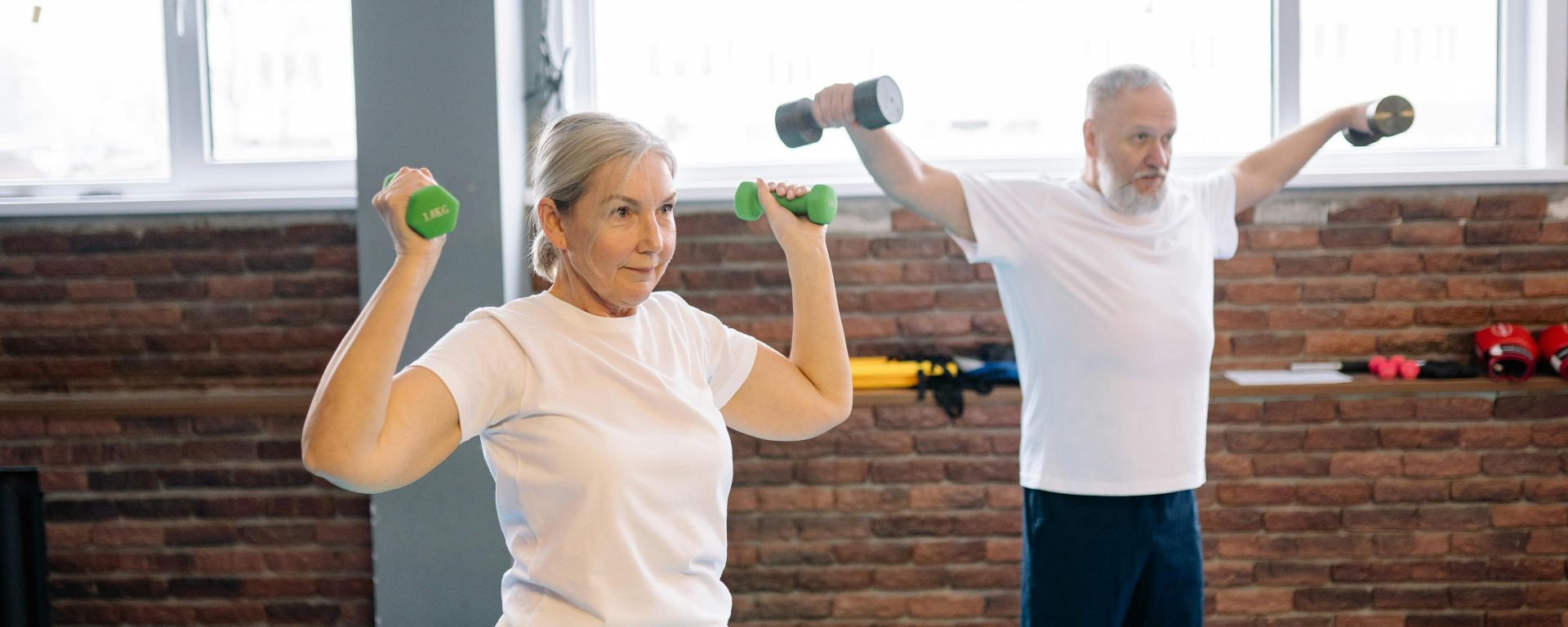In 2016, a pilot study led by Christopher R. deFilippi and colleagues provides encouraging evidence that moderate physical activity (PA) can help protect the hearts of older adults, potentially reducing subclinical cardiac injury. The study, published by the LIFE Study Group, looked at the effects of moderate exercise on cardiac health, specifically measuring high-sensitivity cardiac troponin T (hs-cTnT)—a biomarker linked to heart cell damage and cardiovascular events.
Cardiac troponins, like hs-cTnT, are proteins released into the bloodstream when heart muscle cells are injured. High levels of hs-cTnT are often associated with an increased risk of heart disease and mortality. Although previous research in animals showed that exercise could reduce heart muscle injury, data in humans, especially from randomized controlled trials, had been scarce.
This study sought to fill that gap by evaluating whether moderate physical activity could prevent the progression of cardiac injury in previously sedentary older adults (aged 70 and above). Participants were randomly assigned to either a moderate physical activity intervention or a control group receiving health education. Both groups had their hs-cTnT levels measured at the start of the study and again after one year.
The results were notable: while both groups started with similar hs-cTnT levels, the control group showed a median increase in this biomarker that was over three times larger than the PA group. Specifically, the control group’s hs-cTnT levels rose by 0.73 ng/L on average, while the PA group saw a more modest increase of just 0.19 ng/L. Although the proportion of participants experiencing a significant rise in hs-cTnT (defined as a more than 50% increase) was higher in the control group than in the PA group, this difference was not statistically significant.
Overall, the findings suggest that moderate physical activity may help slow the trajectory of cardiac injury in older adults. “The results are promising,” said deFilippi, “and provide further support for the cardiovascular benefits of regular, moderate physical activity, even in populations at greater risk for heart disease.”
Although this study was small and conducted over just one year, it highlights the potential of exercise to positively impact heart health in older adults. Further research is needed to explore the long-term effects and whether these changes translate into reduced rates of heart attacks or other cardiovascular events.
Reference: deFilippi, C. R., de Lemos, J. A., Newman, A. B., Guralnik, J. M., Christenson, R. H., Pahor, M., & LIFE Study Group. (2016). Impact of moderate physical activity on the longitudinal trajectory of a cardiac specific biomarker of injury: results from a randomized pilot study of exercise intervention. American heart journal, 179, 151-156.
